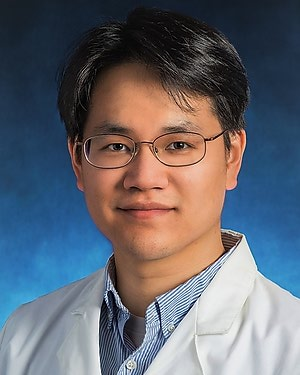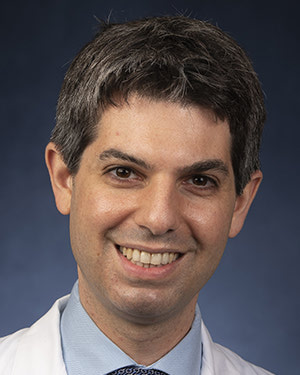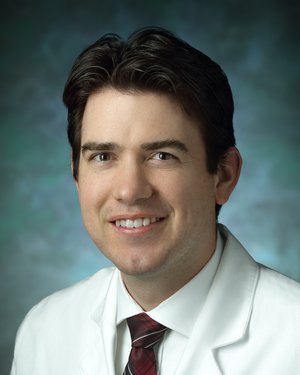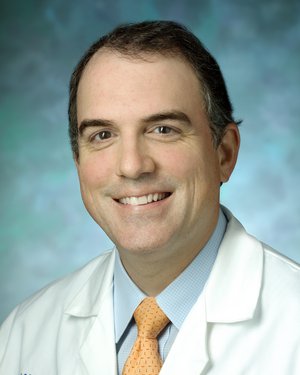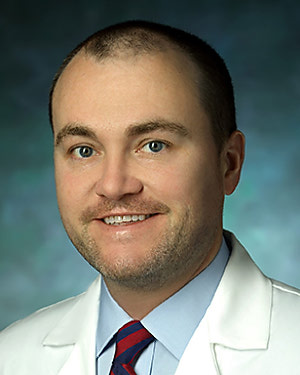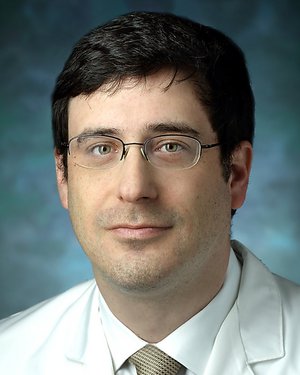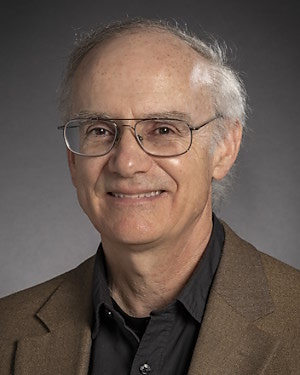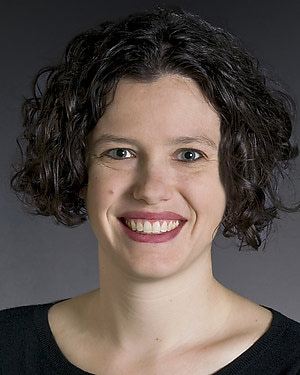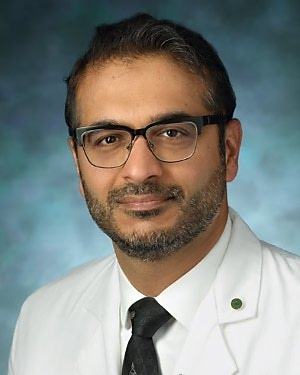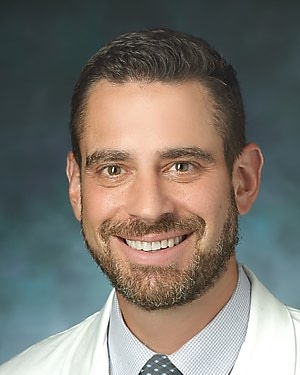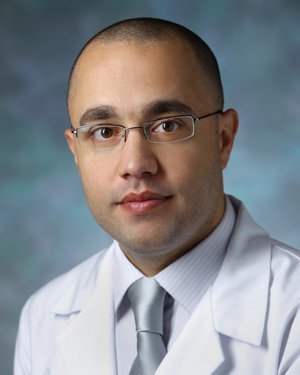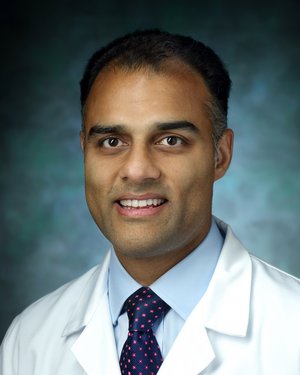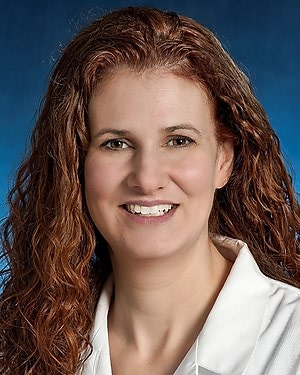Expertise Matters
 Dr. Elizabeth Jaffee
Dr. Elizabeth JaffeeOur experts are uniquely positioned to make progress because much of the science that inspired precision medicine unfolded here. In 2008, Kimmel Cancer Center experts completed the genetic blueprint for pancreatic cancer, mapping out all the mutations in known human genes linked to cancer that make proteins that tell cells how to behave. The discovery uncovered an unexpected terrain of diversity in alterations from tumor to tumor. It explained why seemingly similar cancers often responded very differently to the same treatments. Still among the diversity were also some commonalities. Most of the mutations occurred in the same gene pathways, connected interactions that may conspire to promote cancer.
This was the launching point for precision medicine. Now, genetics are used to guide treatment and measure its effectiveness. Experts could drill down to the molecular level to look for alterations to target with drugs and determine if microscopic cancer cells, invisible in imaging, remained after surgery that could seed a recurrence without additional treatment.
With the genetic blueprint of pancreatic cancer complete, other re-searchers could begin to probe deeper and create a more complete picture of pancreatic cancer from origin to metastasis. This work expands opportunities to earlier detection and possibly, one day, prevention.
Early Detection
Precision medicine may also lead to earlier detection, before the cancer has spread. Our experts developed a blood test that spots tumor-specific DNA and protein biomarkers of early-stage pancreatic cancer. Tumors tend to shed their mutated DNA into the bloodstream, making it possible for scientists to use gene-sequencing technology to sift through the blood and fish out DNA molecules specific for cancer amid a wide sea of normal DNA circulating in the blood.
A gene-based test can distinguish harmless pancreatic cysts from cysts that are likely to become cancer. These fluid-filled cysts are found in more than 1 million patients each year who have undergone CT or MRI scans because of abdominal pain and swelling. Imaging and even examining the fluid inside the cysts does not provide precise markers for precancerous potential. A panel of genetic markers, combined with clinical expertise, can accurately differentiate among types of pancreatic cysts and identify cysts that are safe to watch over time and cysts that need to be removed.
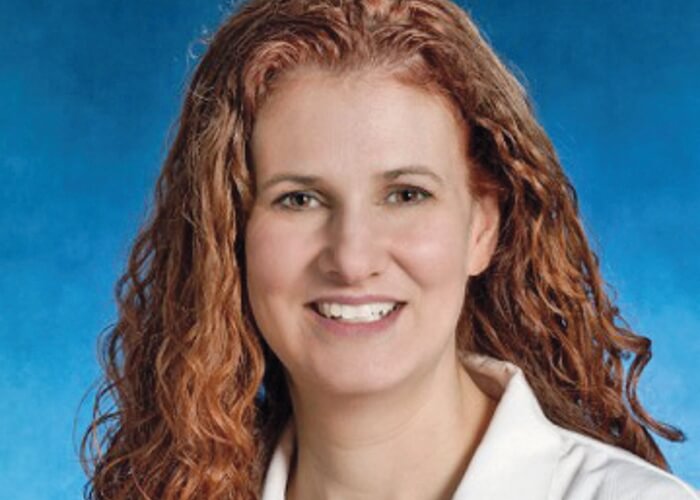
Alison Klein, Ph.D.
We have one of the busiest pancreatic surgery programs in the world, and it has aided our expert in pioneering these types of pancreatic cancer precision medicine approaches. Many patients willingly provided tumor samples our scientists study to identify the molecular changes that cause pancreatic cancers to form and grow.
Alison Klein, Ph.D., a researcher in the Sol Goldman Pancreatic Cancer Research Center, studies common gene variations that sometimes lead to pancreatic cancer.
“Most people who have them will never develop pancreatic cancer, but studying these changes can help us understand why some people develop the cancer,” says Klein. “Combining this information with other data we have on pancreatic cancer may help us figure out who is most at risk.”
Contact our Precision Medicine Center of Excellence for Pancreatic Cancer at 410-933-PANC (7262).
National Familial Pancreas Tumor Registry
The NFPTR Needs You!
The NFPTR is a research study aimed at identifying the causes of pancreatic cancer. We hope that our research will enable the early detection of pancreas cancer and lead to improved treatment of this disease, saving lives. The addition of more families to our study is critical to continue our progress.
Find out if you or your family qualifies to join the pancreas tumor registry.
Experts by Specialty
Our team provides treatment locations in Baltimore, Washington, D.C., and the surrounding metropolitan areas.
Specialties:
Medical | Surgery | Radiation Oncology | Pathology | Radiology | Diagnostic Radiology | Gastroenterology | Pain Management | Pancreas Tumor Registry | Nursing | Nurse Practitioners | Research Nurse | Surgery: Physician Assistants | Nutrition | Social Work
Medical Oncology
Surgery
Radiation Oncology
Pathology
Radiology
Diagnostic Radiology
Gastroenterology
Pain Management
National Familial Pancreas Tumor Registry
Nursing
Maureen Berg, R.N.
Heather Davis Bruning, R.N.
Anna Ferguson, R.N.
Carol Judkins, R.N.
Holly Kemberling, R.N.
Ellen Lilly-Foreman, R.N.
Shelia Linden, R.N.
Beth Onners, R.N.
Cancer Vaccine Research Nurse
Susan Petrie, R.N.
Katrina Purtell, R.N.
Charlene Rogers, R.N.
Rosalind Walker, R.N.
Brad Wilt, R.N.
Nurse Practitioners
Paige Griffith R.N., N.P.
Rachel Klein, R.N., N.P.
Keith McIntyre, N.P.
Amy Ryan, R.N., N.P.
Cara Wilt, R.N., N.P.
Research Nurse
Susan Sartorious-Mergenthaler, R.N.
Surgery: Physician Assistants
Lara Espin
Lindsey Manos
Christie Brown
Nutrition
Mary-Eve Brown, R.D., L.D.N.
Social Work
Nicole Garbarino, LMSW




